As a new year begins, many of us take time to reflect on our health and make positive changes for the months ahead. We reassess routines, book overdue appointments, and commit to looking after ourselves better. Yet one important aspect of health is often overlooked: our eyes.
Vision changes tend to occur gradually, which means problems can easily go unnoticed. The start of the year offers a valuable opportunity to be proactive, making it an ideal time to prioritise an eye examination and protect your long-term sight.
Eye Conditions Often Develop Without Warning
One of the biggest misconceptions about eye health is that you will always notice when something is wrong. In reality, many serious eye conditions progress silently, without pain or obvious symptoms in the early stages.
Conditions such as glaucoma, early cataracts, and diabetic eye disease can develop gradually while vision appears perfectly normal. By the time symptoms become noticeable, permanent damage may already have occurred. This is why regular eye examinations are essential, even if you feel your vision is stable.
Early detection allows treatment to begin before sight is threatened, significantly improving long-term outcomes.
What Does a Comprehensive Eye Examination Involve?
Many people assume an eye test is simply about checking whether they need glasses. While vision correction is important, a comprehensive eye examination goes much further.
A full assessment typically includes:
- Measuring visual clarity and refraction
- Checking eye pressure
- Examining the optic nerve
- Assessing the retina and macula
- Identifying early signs of eye disease
These checks provide valuable insight not only into eye health, but also into overall wellbeing. In some cases, eye examinations can reveal early signs of conditions such as diabetes, high blood pressure, and raised cholesterol.
Who Should Be Especially Vigilant About Eye Checks?
While everyone benefits from regular eye examinations, some individuals should be particularly attentive to their eye health. This includes people who:
- Are over the age of 40
- Have a family history of glaucoma or other eye disease
- Live with diabetes or high blood pressure
- Spend prolonged hours using screens
- Have noticed subtle changes in vision or comfort
If any of these apply to you, regular monitoring is especially important to reduce the risk of avoidable sight loss.
Why January Is the Perfect Time to Book an Eye Exam
The beginning of the year is often when people are most motivated to address health concerns they may have postponed. Booking an eye examination early helps set the tone for preventative care throughout the year.
January also provides a practical advantage. By attending an eye check early, any necessary follow-up appointments, treatments, or lifestyle adjustments can be planned calmly and proactively, rather than reactively later in the year.
From a clinical perspective, prevention is always preferable to cure. Identifying an issue early can mean simpler treatment, better outcomes, and greater peace of mind.
Taking a Proactive Approach to Your Vision
Your eyesight plays a vital role in everyday life, from reading and driving to working and enjoying time with family. Looking after your eyes should be an ongoing priority, not something addressed only when problems arise.
By making eye health part of your New Year health routine, you are investing in clarity, comfort, and confidence for the year ahead and beyond.
Book an Eye Health Consultation
If you have not had a recent eye examination, or if you have concerns about your vision, now is the ideal time to act. Gurjeet Jutley, Consultant Ophthalmologist based in oxford specialising in cataract and glaucoma care, offers comprehensive eye assessments tailored to individual needs.
Early detection and expert guidance can make all the difference in preserving your sight.
Get in touch today to book an appointment and start the year with your eye health in clear focus.

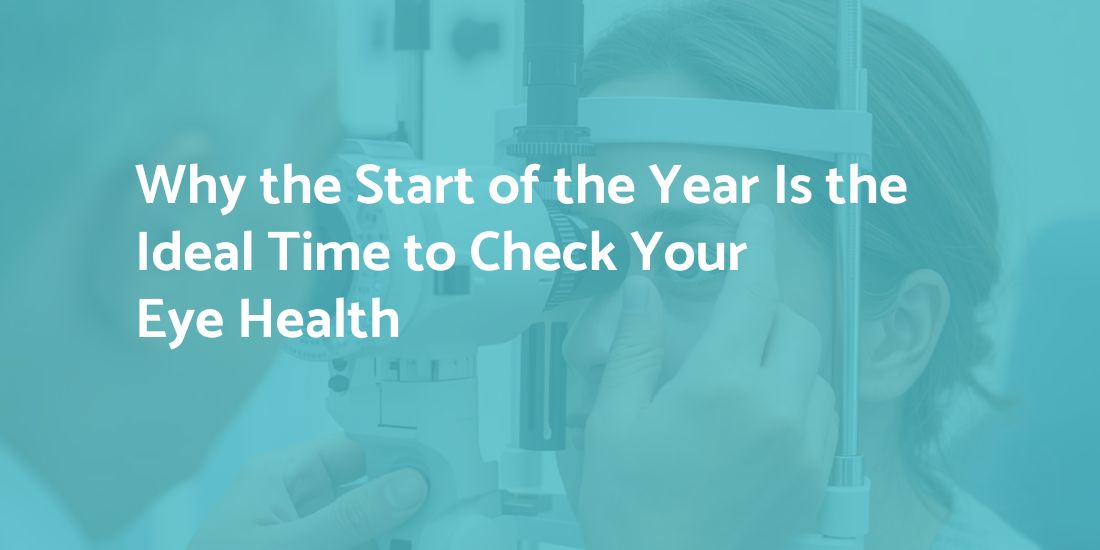

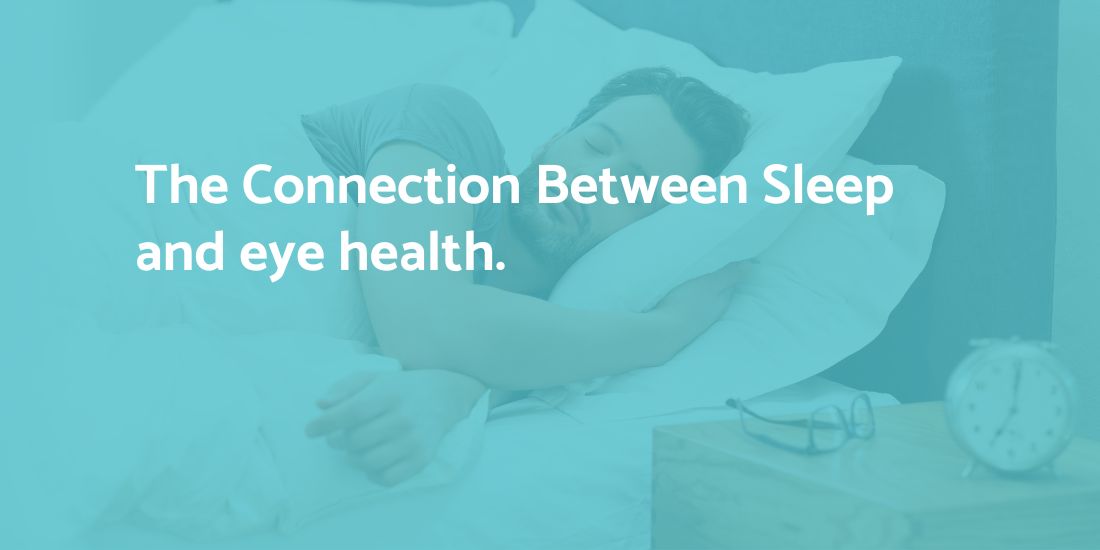

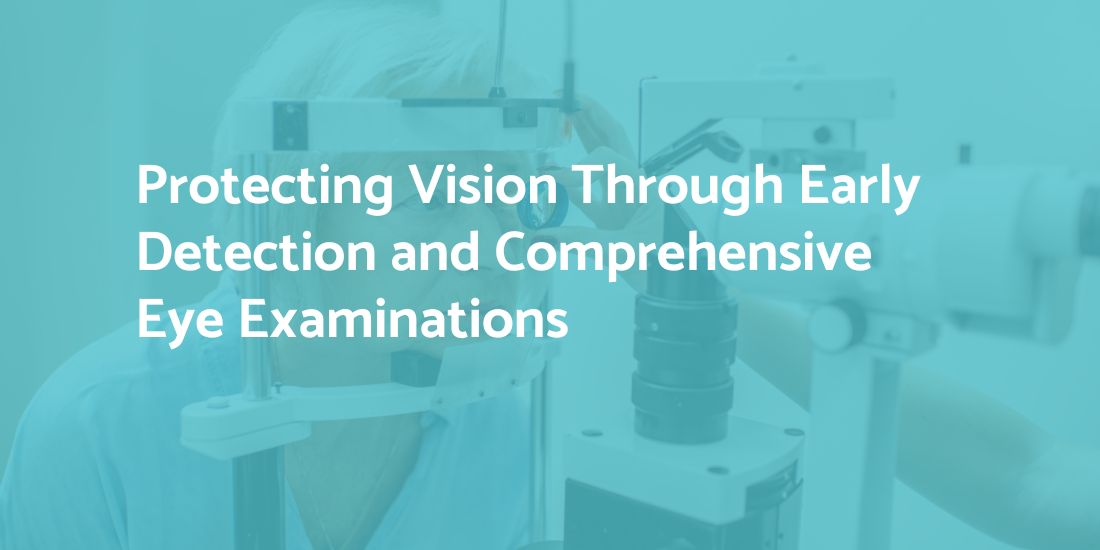
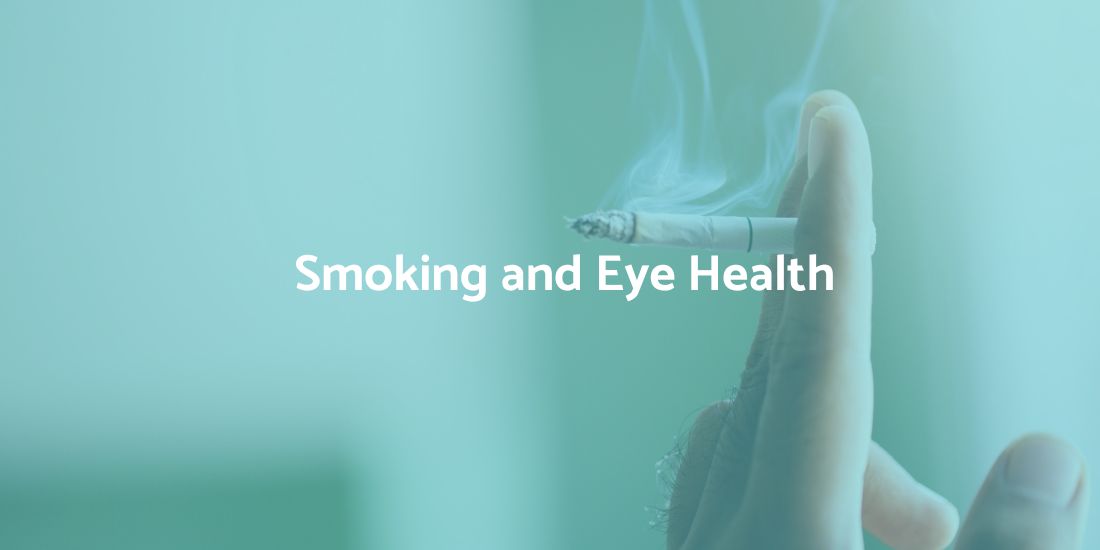
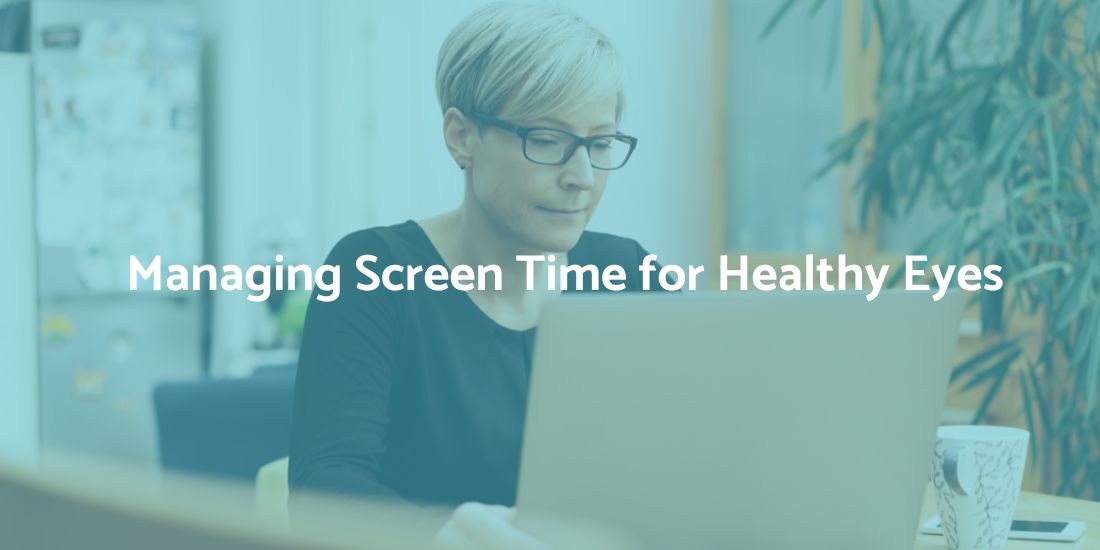
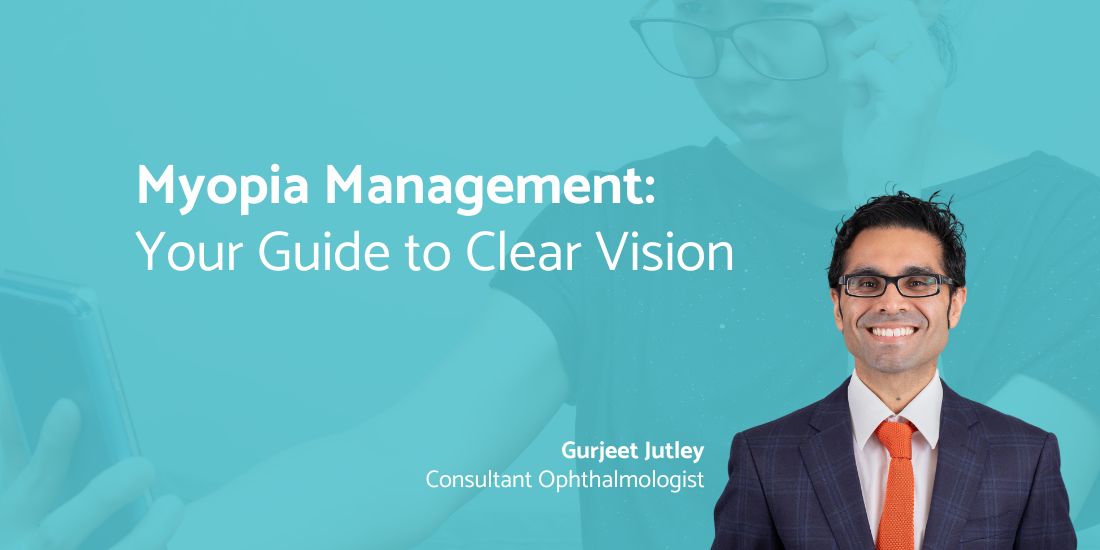
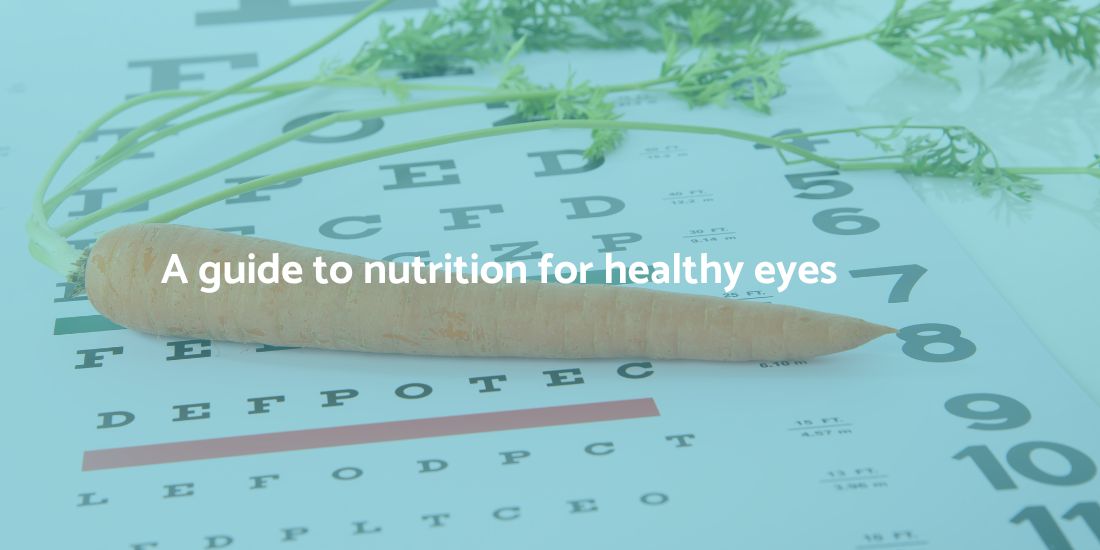

Recent Comments